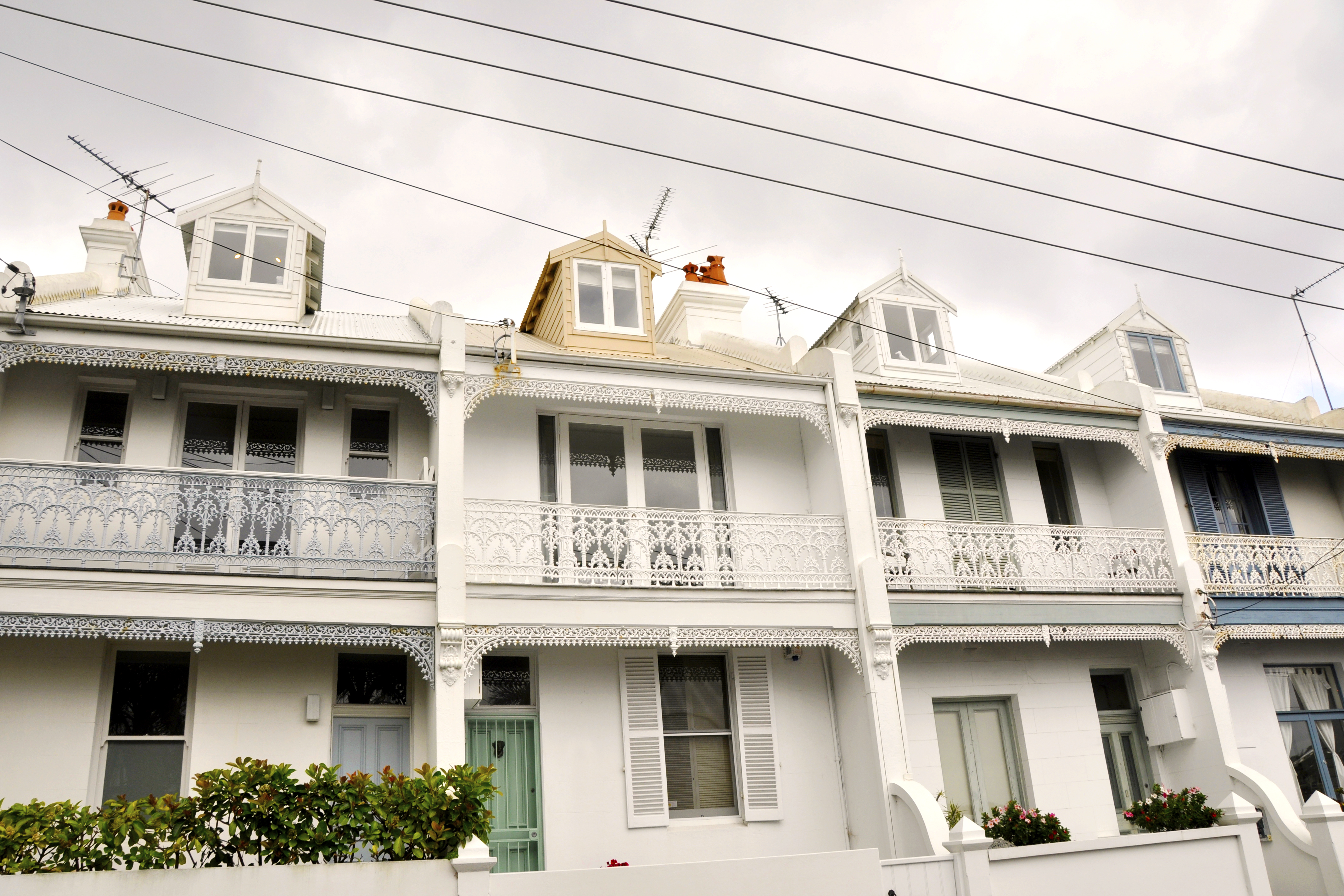
I’ve been having some interesting discussions with property investors lately and the subject has centred around property and growth. Everyone understandably wants some kind of reassurance that they won’t buy a property, only to find that it falls in value, and often the fear that we are in an uncertain market holds them back from buying any property at all.
2020 is going to be bringing some challenging times, and a mixed bag. There are so many questions – will the two big markets of Sydney and Melbourne return enough growth to get back to where they were and grow again? Will Perth recover? Will the uncertain economy mean that nowhere is a good investment? Many of these questions are asked by investors who already own property in these markets, and they’re looking for answers as to how their investments are likely to perform.
It’s easy when you have shares. You know exactly what a share is worth on a daily basis as it is priced literally by the second. But when it comes to property, you can never really know what your property is really worth until a contract to buy it is signed. There’s plenty of speculation and opinions from real estate agents, but as many property owners know, you can take most of these with a grain of salt.
I want to encourage all property investors to stop thinking like a share investor and expecting results on such a short-term basis. Property will go up and down on an almost monthly basis, depending upon activity in the area, but this is not a reflection of what will happen over the longer term, which is likely to be your investing time horizon. If a good report comes out about an area, you can bet buyer activity will increase until such times as that report is proven or not, and so in the short term, median price on recent sales could be up. A few months later, the situation could change altogether. But, as you can’t buy and sell as easily as you can a share, this is of little consequence to you.
Property values are, of course, all about demand. Lots of sales provides an immediate impetus for growth. Less activity can make it hard to get a good handle on a value and also makes it appear, at that moment in time, that the area is not in demand, and so the value will reflect this very current situation.
Even professional valuations only reflect the situation at that moment in time, rather than what an area is likely to do over a longer period of time. I’ve never seen a valuation that takes into account the 20 Must Ask Questions® and considers the relative strength of an area, and this is not what a valuer has to do. Valuations protect lenders from ending up with a forced sale of a property that has lost considerable value, and so it’s no wonder they are usually conservative.
What I am trying to tell you is that you can’t invest in property with a share investor mentality – you must think differently, particularly right now, when no one can really forecast what will happen to any property market. If you are buying now you must do so with an expectation that whatever you pay will most likely change in the short term, and it might not change in the direction you hope. If you buy during a time of short-term buyer interest, as we seem to be seeing in Sydney and Melbourne, once you settle it’s likely there will be even more properties listed (as vendors realise the short-term interest and list their properties too late to take advantage of it, creating a short-term oversupply) and this will affect the price at which they sell. Someone may then buy the house right next door to yours and get a better deal, but this doesn’t mean that the market is falling – it just reflects the balance (or lack of) between supply and demand at that time.
As well as this, when an area becomes a hotspot, home-owners take the chance to upgrade to another area and investors come in and buy up a lot of the stock. For a while, this results in a rental oversupply, and you could find yourself renewing any lease at a lower yield than it had when you bought it. Again, this doesn’t mean you bought a property with a yield that is going backwards – it’s a reflection of short-term buyer activity that will most likely, in the future, work its way out.
It all comes down to thinking a little more long-term and realising that property investment shouldn’t be a speculative one. Short term movements should mean little to you. Media hype about auction clearance rates should largely be ignored. You should buy property fundamentally – and to do that you have to know whether it possesses long term growth drivers which will see it through the short-term ups and downs that short term supply and demand inevitably brings. If an area lacks growth drivers, then the price you pay is less protected. But if it is rich in growth drivers, then don’t bemoan the short term volatility of values and rental yields. Those underlying fundamentals will remain intact and, over the medium term, result in stable and consistent growth to all property in that area.